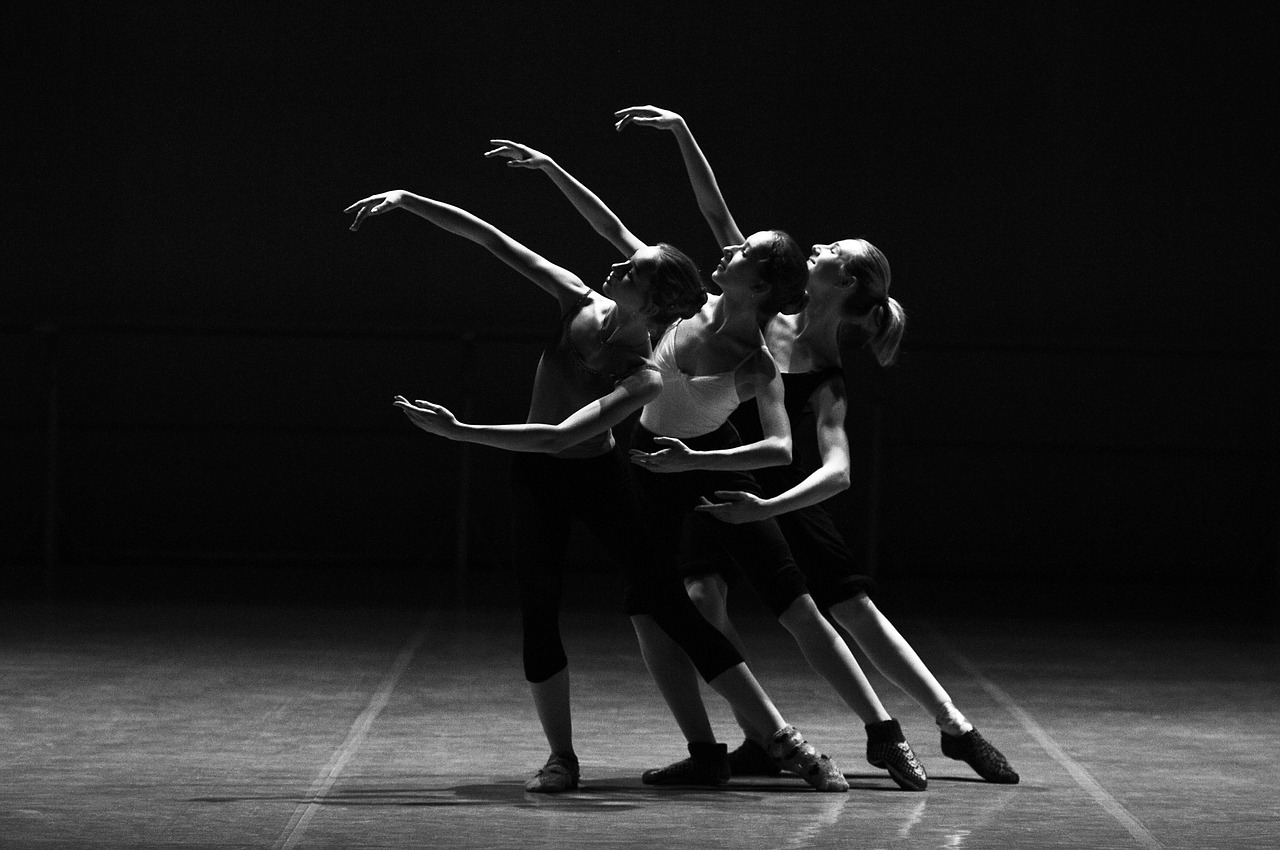Based on the study, almost 30 instructors joined the original dance session. The participants trained hard for four hours, and while none presented symptoms at the time, eight instructors contracted the coronavirus.
"All were asymptomatic on the day of the workshop," the team at Dankook University Hospital wrote in the journal Emerging Infectious Diseases.
"By March 9, we identified 112 Covid-19 cases associated with fitness dance classes in 12 different sports facilities in Cheonan," they wrote.
Direct transmission
There was a direct transmission from instructors to students for half of the cases. Meanwhile, some people went on to infect others who did not participate in the class.
"The instructors and students met only during classes, which lasted for 50 minutes two times per week, and did not have contact outside of class. On average, students developed symptoms 3.5 days after participating in a fitness dance class," the Dankook team wrote.
Packed, sweaty classes
"Before sports facilities were closed, a total of 217 students were exposed in 12 facilities, an attack rate of 26.3%," they added.
"Fitness dance classes set to Latin rhythms have gained popularity in South Korea because of the high aerobic intensity." The team referred especially to Zumba classes, a dance-style class characterized by energetic music and densely packed rooms.
Dankook's Sukbin Jang and colleagues pointed out that several factors may have made it easier for the coronavirus to spread.
"The moist, warm atmosphere in a sports facility coupled with turbulent air flow generated by intense physical exercise, can cause more dense transmission of isolated droplets," they wrote.
Classes linked to transmission accommodated 22 students. They were in small spaces for almost an hour. Meanwhile, experts were not able to identify cases in classes with fewer than five participants.
One of the instructors taught Pilates and yoga, but none of her participants tested positive for the virus.
"We hypothesize that the lower intensity of Pilates and yoga did not cause the same transmission effects as those of the more intense fitness dance classes," the researchers said.
Second wave in South Korea
Last week, South Korea reported it is facing the second wave of coronavirus infections.
According to the Korea Centers for Disease Control and Prevention (KCDC), the new 26 cases were domestically transmitted infections. Meanwhile, eight involved travelers from overseas.
South Korea faced the first major epidemic outside China. It recorded zero or very few domestic cases over the past 10 days. The daily figures were hovering at about 10 or less in recent weeks.
The second wave of coronavirus cases in South Korea sprang from around nightclubs in Seoul. A man in his late 20s reportedly visited these areas before testing positive for the virus.
Data showed that the man was exposed to at least 15 people as of Friday. Meanwhile, 14 of the 26 cases reported were from Seoul. The KCDC did not detail whether the cases were linked.







